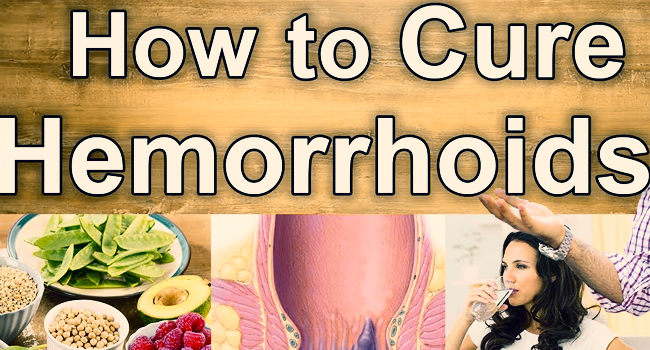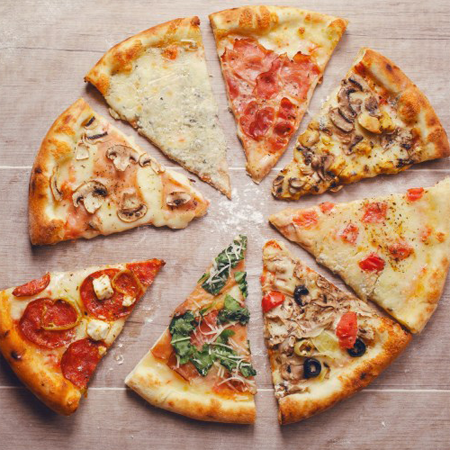Haemorrhoids are also known as piles and they’re simply swollen and inflamed veins in your anus and rectum.
Haemorrhoids are a common problem for many American adults. Many sources say at least 50% of adults have experienced haemorrhoids by the time they reach the age of 50. Haemorrhoids have many causes, some of which include pregnancy, weight gain and obesity, anal sex, and chronic constipation or diarrhoea.

Many pregnant women develop haemorrhoids due to the extra weight of the fetus putting pressure on the lower rectal muscles. Childbirth itself enhances this problem, but most women’s haemorrhoids caused by pregnancy clear up after the baby is born.
People who are overweight or obese also get haemorrhoids for the same reasons though, that extra body weight adds pressure to the rectal muscles, and this can cause the veins to swell and become inflamed.
Anyone who sits and stands for very long periods of time can also develop haemorrhoids though, so changing your position frequently is one way to prevent them.
Internal haemorrhoids can’t be seen and often people have these without realizing it. When they get bad, however, they can cause blood to show in your stools or appear in the toilet and on the paper when you wipe.
External hemorrhoids are visible to the eye and can be touched. These tend to be protrusions gathered around the anus opening and often they burn, itch, or cause pain.
One of the biggest causes of internal and external hemorrhoids is constipation and the accompanying strain involved with having a bowel movement. Because of this, the most common natural remedies for hemorrhoids involve solving constipation problems.
Constipation often caused by a lack of fibre or water in the diet. Sometimes both. Thread is not able to be used by our body in any healthful way, so it passes into the colon unchanged. Once there, however, it works as a broom, or cleanser, to help move the waste materials through the colon and out of our body. The bulk of the fibre is what makes it so useful. Water, however, also plays a significant role in relieving or preventing constipation. Without enough water in our system, the waste material gets dry and hard because the colon extracts what little water there is for use in other areas of our body. When the waste material becomes dry and hard, it is tough for our bodies to pass quickly, and it scratches, scrapes and injures our tissue as it tries to pass through.



